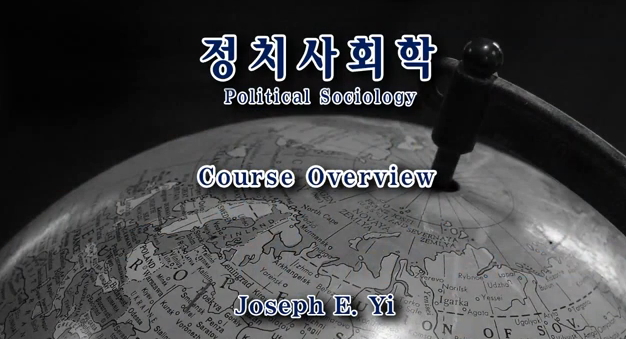The concept of social norms is essential to the field of sociology. This dissertation investigates the notion of social norms, primarily as applied by social psychologists, sociologists of deviance, and criminologists, through a pair of empirical exp...
http://chineseinput.net/에서 pinyin(병음)방식으로 중국어를 변환할 수 있습니다.
변환된 중국어를 복사하여 사용하시면 됩니다.
- 中文 을 입력하시려면 zhongwen을 입력하시고 space를누르시면됩니다.
- 北京 을 입력하시려면 beijing을 입력하시고 space를 누르시면 됩니다.
https://www.riss.kr/link?id=T10548287
- 저자
-
발행사항
[S.l.]: The University of Wisconsin - Madison 2000
-
학위수여대학
The University of Wisconsin - Madison
-
수여연도
2000
-
작성언어
영어
- 주제어
-
학위
Ph.D.
-
페이지수
191 p.
-
지도교수/심사위원
Supervisor: Irving Piliavin.
-
0
상세조회 -
0
다운로드
부가정보
다국어 초록 (Multilingual Abstract)
The first project of the dissertation addresses a longstanding topic in criminology and the sociology of deviance. Through a comparison of survey data from 1975 and 1995, the project examines the demographic “profiles” of participants in legal and illegal gambling, and how such profiles have changed with the transition in legal codes regarding gambling. The results provide support for the position that gambling is best understood as a “victimless crime,” and that participants who engage in different forms of crime may respond differently to changes in the legal status of the behavior.
The second project shifts focus to the social psychological level of individual attitudes and people's perceptions of the deviant status of gambling. Using a series of repeated cross-section surveys of Wisconsin residents, the project traces the relationship among lottery play, casino gambling, and approval of the lottery among Wisconsin residents as the availability of casino gambling expanded from 1989 to 1995. Multiple explanations for the observed relationships are explored, including the substitutability between casino and lottery gambling as well as the suggestion that some lottery players halted their play due to their increased negative perceptions of gambling.
By examining the dynamic status of norms and their relationship to behavior and attitudes, the dissertation contributes to sociology's understanding of a concept central to its assumptions yet difficult to circumscribe. In addition, the thesis advances efforts in social psychology that examine the link between attitudes and behavior as well as efforts in the sociology of deviance that emphasize the social definition of deviance.
The concept of social norms is essential to the field of sociology. This dissertation investigates the notion of social norms, primarily as applied by social psychologists, sociologists of deviance, and criminologists, through a pair of empirical explorations of various understandings of norms; put forth by sociologists. As an entry point to the issue of norms, the thesis utilizes the changing situation of gambling and state lotteries in the United States as a case example of the dynamic emergence and transformation of norms.
The first project of the dissertation addresses a longstanding topic in criminology and the sociology of deviance. Through a comparison of survey data from 1975 and 1995, the project examines the demographic “profiles” of participants in legal and illegal gambling, and how such profiles have changed with the transition in legal codes regarding gambling. The results provide support for the position that gambling is best understood as a “victimless crime,” and that participants who engage in different forms of crime may respond differently to changes in the legal status of the behavior.
The second project shifts focus to the social psychological level of individual attitudes and people's perceptions of the deviant status of gambling. Using a series of repeated cross-section surveys of Wisconsin residents, the project traces the relationship among lottery play, casino gambling, and approval of the lottery among Wisconsin residents as the availability of casino gambling expanded from 1989 to 1995. Multiple explanations for the observed relationships are explored, including the substitutability between casino and lottery gambling as well as the suggestion that some lottery players halted their play due to their increased negative perceptions of gambling.
By examining the dynamic status of norms and their relationship to behavior and attitudes, the dissertation contributes to sociology's understanding of a concept central to its assumptions yet difficult to circumscribe. In addition, the thesis advances efforts in social psychology that examine the link between attitudes and behavior as well as efforts in the sociology of deviance that emphasize the social definition of deviance.











